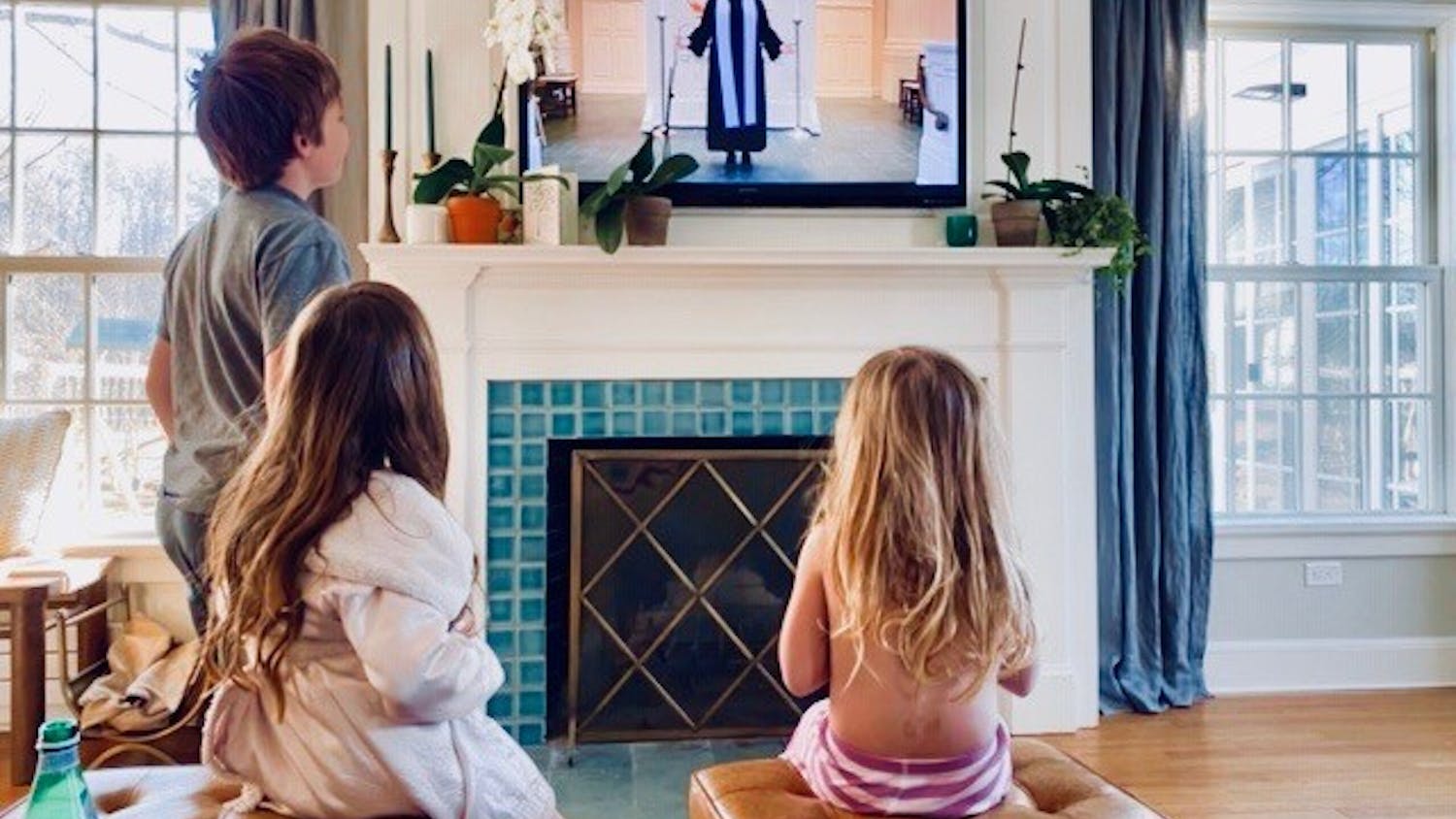The COVID-19 pandemic has forced many restaurants to lay off employees or even close permanently. In Hanover, a town defined by the charm of its mom-and-pop shops, the future of iced mocha lattes, cruller French toasts and modern Mexican bowls looks more uncertain than ever. This week, I spoke with Boloco founder John Pepper ’91 Tu’97 to discuss COVID-19’s impact on local restaurants and how the customer-dependent burrito company is reframing the crisis.
How has COVID-19 impacted Boloco sales and overall business?
JP: At the beginning of the pandemic, amid a lot of uncertainty, we decided to stay open in Hanover. Until April 22, we limited store hours from 11 a.m. to 8 p.m. and closed on Sundays. During this time, sales were down 80 percent. It was beyond comprehension — out-of-business type stuff.
However, donations from our Feed the Frontline campaign helped us keep people employed, pay for food and stay relevant during the crisis. When our Hanover location received the loans from the federal Payroll Protection Program, we shut down completely for two weeks in order to give employees a break, a time to retool and come back with better practices.
On May 4, we reopened, and sales are now down 50 percent. What’s crazy is that I’m like, “Yes, we’re only down 50 percent!” What used to be a nuclear bomb — the end of a business — is something I’m now celebrating.
How is Boloco supporting its employees and local community?
JP: At the beginning of the pandemic, we created the “Feed the Frontline” menu, drastically simplifying our offerings and dropping all prices down to $5 in order to ensure that almost anyone — especially essential workers — could afford to purchase what we serve. Since then, Boloco’s Feed the Frontline effort has expanded to a fundraising campaign, raising over $60,000 to date.
By staying open, we have focused primarily on using the donations to provide meals to hospital workers, restaurant and retail workers, municipal employees and so many more. For every $5 that is donated, we donate a meal; today, we’ve donated over 10,000 meals to frontline workers, providing 3,000 meals in Hanover alone.
For our employees and customers, safety measures are top priority. The PPP money has also allowed us to make the commitment to our team to pay everyone. Even if you're not working, and if for any reason you can’t collect unemployment, we will pay you. For people who are working, we are paying them an extra $2 an hour in “hazard pay” and ensuring that everyone is healthy before starting work each day.
How have you adapted to consumer demand?
JP: As of now, we’re taking orders on the patio and bringing food to people outside. We have a limited menu, but we are offering meal kits you can order for a family of five. Our main strategies have been expanding delivery and leveraging people’s screen time.
Because we have the ability to employ people right now, we are trying to expand our geographic footprint in order to deliver to more people who don’t feel comfortable leaving their house.
I look at the PPP money as a chance to innovate. A lot of restaurant owners have the mindset: “I can’t open because it’s not busy.” We’re looking at this moment as “We’re open. We’re not busy, but we get an opportunity to innovate with less risk.”
The other main strategy is leveraging everyone’s screen time by turning every employee in our 120-person company into a sales and marketing force. In the absence of a marketing team, we’re trying to divert every team member into a mini marketing machine, encouraging people to like, share, retweet — anything, no matter how small — to support the company.
How has Boloco’s status as a B Corporation — a business that pledges their commitment to certain environmental and social standards — influenced its approach during this crisis?
JP: We haven’t held back. Our mission as a people-first company is what allows us to be one of the few restaurants in the U.S. to qualify as a certified B Corporation. When I’m negotiating with landlords, I’m negotiating in a way that puts everything towards people and their livelihoods first.
Because of the way our economy is structured and the way business works, a great proportion of our society is neglected. Fighting to survive is not enough. If I negotiate poorly, that means Boloco gets to survive — we get to live the line, zero-profit, but we would have to pay our people terribly. My goal is a Boloco minimum wage of $17 an hour. We cannot leave people behind, and we know that more than ever today.
How do you think COVID-19 will shape the future of Boloco and the restaurant industry?
JP: During this crisis, we have truly become a nonprofit, mission-driven business. The biggest challenge I see in reopening is definitely the conflict between safety and consumer confidence. For businesses like Boloco and so many others, you can’t just expect to open your doors and have your dining room full at once. In fact, a full dining room will be looked at as irresponsible and cause people to walk away. The question is how do we stay busy — as a business that takes care of its people in an extraordinary way — while not being irresponsibly busy and putting our own people and customers at risk. The balance will be harder to figure out, as social distancing will be prevalent for quite some time.



